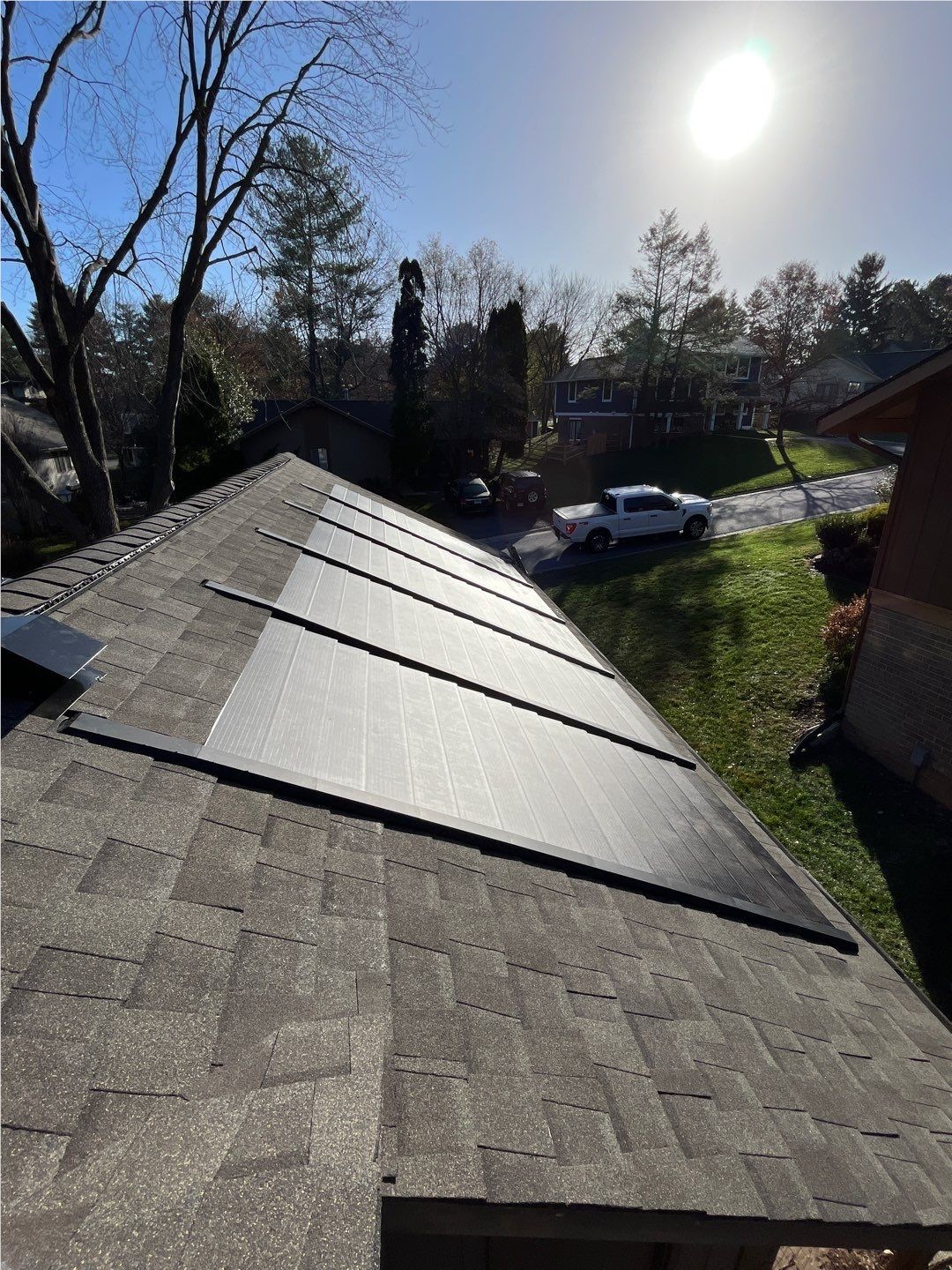
Getting solar panels installed is like igniting a neighborhood conversation. Neighbors are always intrigued, asking about the system cost, how it operates, its effectiveness, and the savings on electricity bills. There's an undeniable allure in integrating solar energy into your home, particularly when it comes to trimming those dreaded bills.
Moreover, solar energy systems have been making waves in the media and advertisements, touting the simplicity of installation and the availability of federal tax credits. Frankly, there's no better moment than the present if you've been contemplating upgrading your roof to harness renewable energy.
In this blog post, Feazel will guide you through the decision-making process of integrating solar energy in your South Carolina home.
Facts About Solar Panels in South Carolina
We all know that solar requires the sun, the more the better! But you might be thinking, “I know South Carolina is sunny, but how much of the sun do we really get?” Lucky for you, South Carolina is above the average in this category! While the U.S average is around 205 days of sunshine a year, SC averages around 216 days of sunshine a year. Meaning the optimal time for your solar panels would be anywhere from late April through September.
During the prime sunny months, April-September, homeowners can expect anywhere from 12-14 hours of daylight per day. When the summer months roll around, your solar equipment can almost offset items that consume a lot of electricity of your air conditioning, pool, fans, etc.
When talking about weather, im sure we can all talk about the warm months, but sooner or later we must talk about the cold months. One of the most common concerns regarding solar is what happens during the winter months? Is it worth switching back to gas or electric during the winter? Lucky for you, South Carolina has very mild winter months which means that needing to change to gas or electric in the winter wont be entirely necessary.
Now you may be wondering if there is some sort of solar incentive in south Carolina, and the answer is, yes! There is certainly a federal solar tax credit.
Residents of South Carolina can take advantage of significant tax credits for investing in solar energy. Through the Solar Energy Tax Credit program, homeowners can receive a credit of up to 30% of the total cost of their solar energy system installation. This incentive not only reduces the upfront cost of going solar but also promotes sustainable energy practices across the state. Consult your local tax professional to make sure you are meeting certain criteria.
How Much Direct Sunlight Should Solar Panels Get?
Solar panels and solar shingles thrive when exposed to ample direct sunlight to maximize their energy production potential. Aim for approximately 6-8 hours of direct sunlight per day to ensure optimal performance. Therefore, when considering solar installation, it's crucial to identify a location on your property that receives this duration of direct sunlight consistently.
Pros and Cons of solar
Solar energy offers numerous advantages, including:
- Clean, renewable power generation. solar energy harnesses the abundant and inexhaustible power of the sun to produce electricity without harmful emissions or depletion of natural resources.
- Reduced electricity bills over time are a significant advantage of solar energy systems. By harnessing power from sunlight, homeowners can gradually offset their reliance on the traditional grid, resulting in substantial long-term savings on energy costs.
- Additionally, it's essential for homeowners to explore available state tax credits and incentives, which can further offset the initial investment and enhance the financial viability of solar energy installations. These tax credits can significantly reduce the upfront cost of solar panels, making them more accessible and attractive to homeowners looking to transition to renewable energy sources while maximizing their financial benefits.
- Decreased reliance on fossil fuels, mitigating environmental impact.
- Minimal maintenance requirements. The combination of durable construction, minimal moving parts, and simple maintenance requirements makes solar energy systems an attractive and low-maintenance option for homeowners looking to reduce their reliance on traditional energy sources.
- Potential increase in property value. As solar energy becomes more mainstream, homes with solar installations may have a competitive edge in the real estate market. The aesthetic appeal and modernity of solar panels can also enhance the overall attractiveness of the property.
However, there are also drawbacks to consider:
-While installing solar panels on your home offers numerous long-term benefits, such as reduced energy bills and increased property value, it's important to acknowledge that the initial cost can be a potential downside. The upfront investment required for purchasing and installing solar panels can be substantial, deterring some homeowners from pursuing solar energy solutions.
Additionally, factors such as system size, location, and roof condition can influence installation costs, making it essential to carefully consider your budget and financing options. However, despite the initial expense, it's crucial to recognize that solar energy systems typically pay for themselves over time through energy savings and potential incentives, making them a worthwhile investment in the long run.
-Intermittent energy production due to weather conditions. Since solar panels rely on sunlight to generate electricity, the weather will need to be pretty consistent in order to get the most bang for your buck. If your area is experiencing periods of intermittent weather for long periods of time, you may start to notice the decreasing amount of electricity that is being produced.
While solar technology has advance, having a battery for storage, intermittent weather conditions should still be considered when talking about getting solar to your South Carolina home. Having a solar battery for storage or even having some kind of grid-tied arrangements can help offset the worry about not having enough direct sunlight during those tough periods.
-Requirement of sufficient space for installation, especially for larger systems
Despite these challenges, advancements in technology and decreasing costs are making solar energy an increasingly viable and attractive option for both homeowners and businesses looking to transition to sustainable energy sources.
Different Types of Solar Options in South Carolina
Here at Feazel, our main goal is to repair any time of damage that your roof has first and foremost, but what if we can do two things at once? Thankfully, Feazel can focus on repairing your roof but also can bring you different options for solar! Here are both options that we offer:
GAF Solar Shingles: An innovative product revolutionizing the market. Offering homeowners the opportunity to seamlessly integrate solar panels into their roof, these shingles come with dual warranties—one as a solar panel and another as a shingle—ensuring long-lasting performance.
Ideal for homeowners in need of a roof replacement, they provide a perfect solution. Not only is this a new and innovative way of getting solar power, but the solar shingles will sit flush with the rest of your roof which will give your home and clean and smooth finish.
Rack Mounted Solar Panels
A familiar sight in many neighborhoods, rooftop solar systems have been a staple in residential solar energy for decades. These systems, mounted on existing roofs, require homeowners to have a stable roof in good condition to support the racking infrastructure. With proper installation and maintenance, rooftop solar panels offer a practical and efficient way to harness solar energy for your home's electricity needs. As technology advances, these systems continue to evolve, becoming more efficient and accessible to homeowners looking to embrace renewable energy solutions.
Net Metering
Net metering stands as a crucial component of renewable energy integration in South Carolina, providing a tangible avenue toward sustainable energy practices. But what exactly does net metering entail? Put plainly, it involves the sale of surplus energy generated by renewable sources, such as solar panels, back to electric companies.
This surplus energy is then fed into the grid, contributing to the overall supply and potentially offsetting solar energy costs for consumers. It's important to note that individuals not inclined to sell excess energy back to utility companies have the option to store it for later use, albeit requiring the installation of a battery system for storage purposes. Its important to look into net metering programs if you are looking into getting solar panel systems.
This empowerment of consumers to produce and manage their own energy not only fosters a more sustainable and environmentally friendly energy landscape but also enhances overall energy security within communities. Furthermore, net metering encourages investment in renewable energy technologies, driving innovation and economic growth in the clean energy sector while simultaneously contributing to the reduction of greenhouse gas emissions and combating climate change.
Should I get Solar for My South Carolina Home?
When considering solar for your home, your first step should be researching solar companies in South Carolina. Installing solar panels is a proactive measure toward creating a green, eco-friendly, and energy-efficient home. While the upfront cost of solar panels may seem daunting, the long-term benefits outweigh the initial investment. Not only will you contribute to a cleaner environment, but you'll also enjoy reduced energy bills and increased energy independence.
Another compelling aspect to consider when opting for solar is the potential increase in your home's value. Research conducted by Zillow suggests that homeowners can anticipate a notable uptick of approximately 4.1% in property value after installing solar panels. Moreover, enhancing your home's curb appeal is an added bonus, making it a standout in the neighborhood and garnering positive attention from neighbors and passersby alike. Investing in solar not only benefits your energy efficiency but also serves as a savvy financial decision that enhances your home's marketability and appeal.
Feazel is your trusted partner for all your solar needs in South Carolina. With years of experience and a commitment to excellence, Feazel specializes in providing high-quality solar solutions tailored to your specific requirements.
Our team of skilled professionals ensures seamless installation, superior craftsmanship, and exceptional customer service every step of the way. By choosing Feazel, you'll have peace of mind knowing that your solar project is in capable hands. Experience the benefits of solar energy with Feazel and join the movement toward a more sustainable future.
Tags
Subscribe to Feazel's Blog
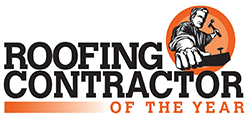
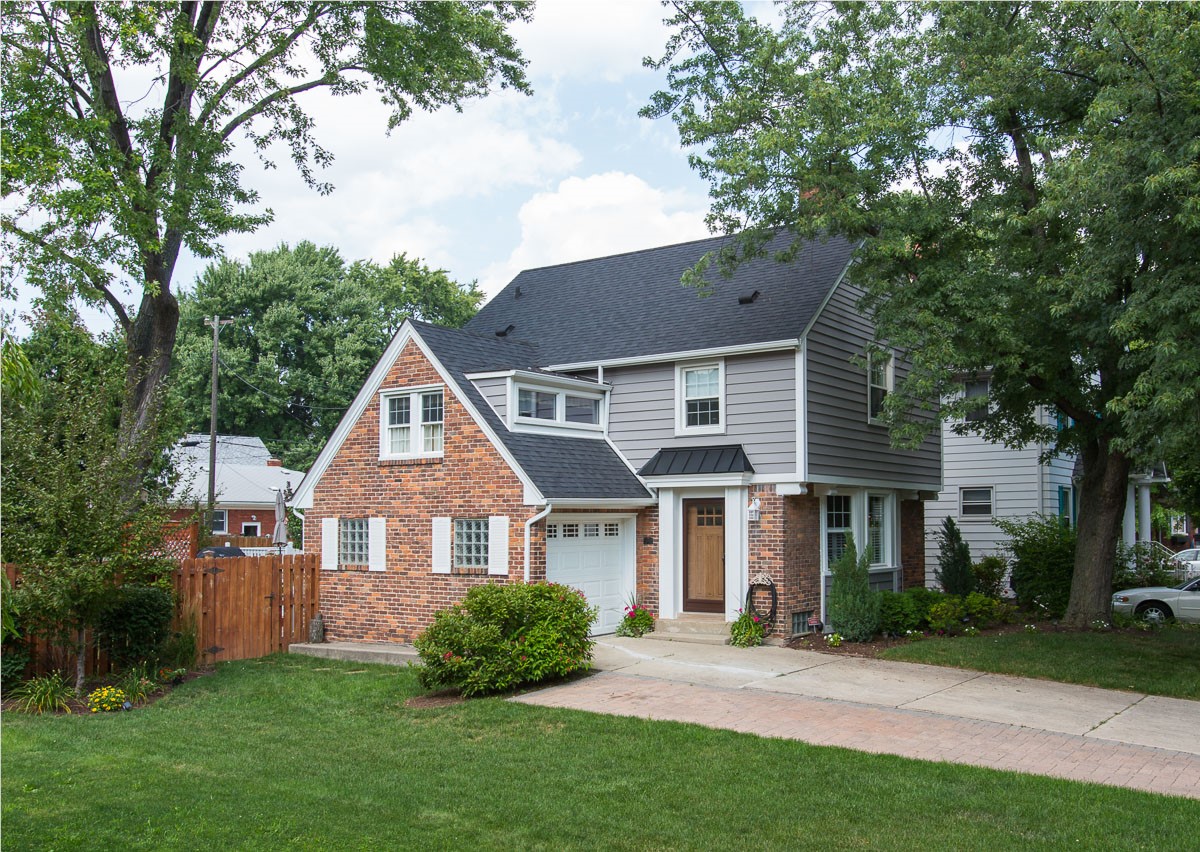
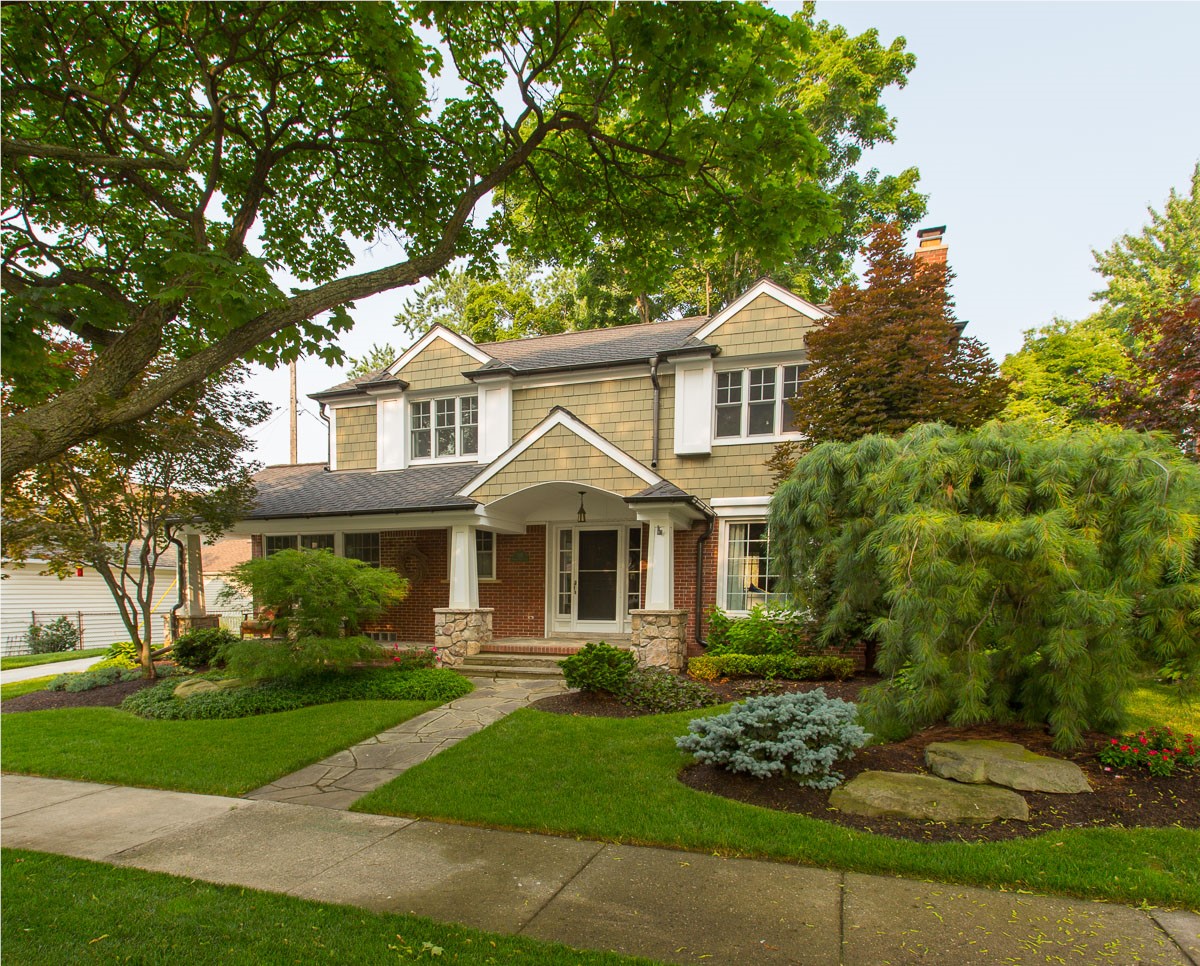
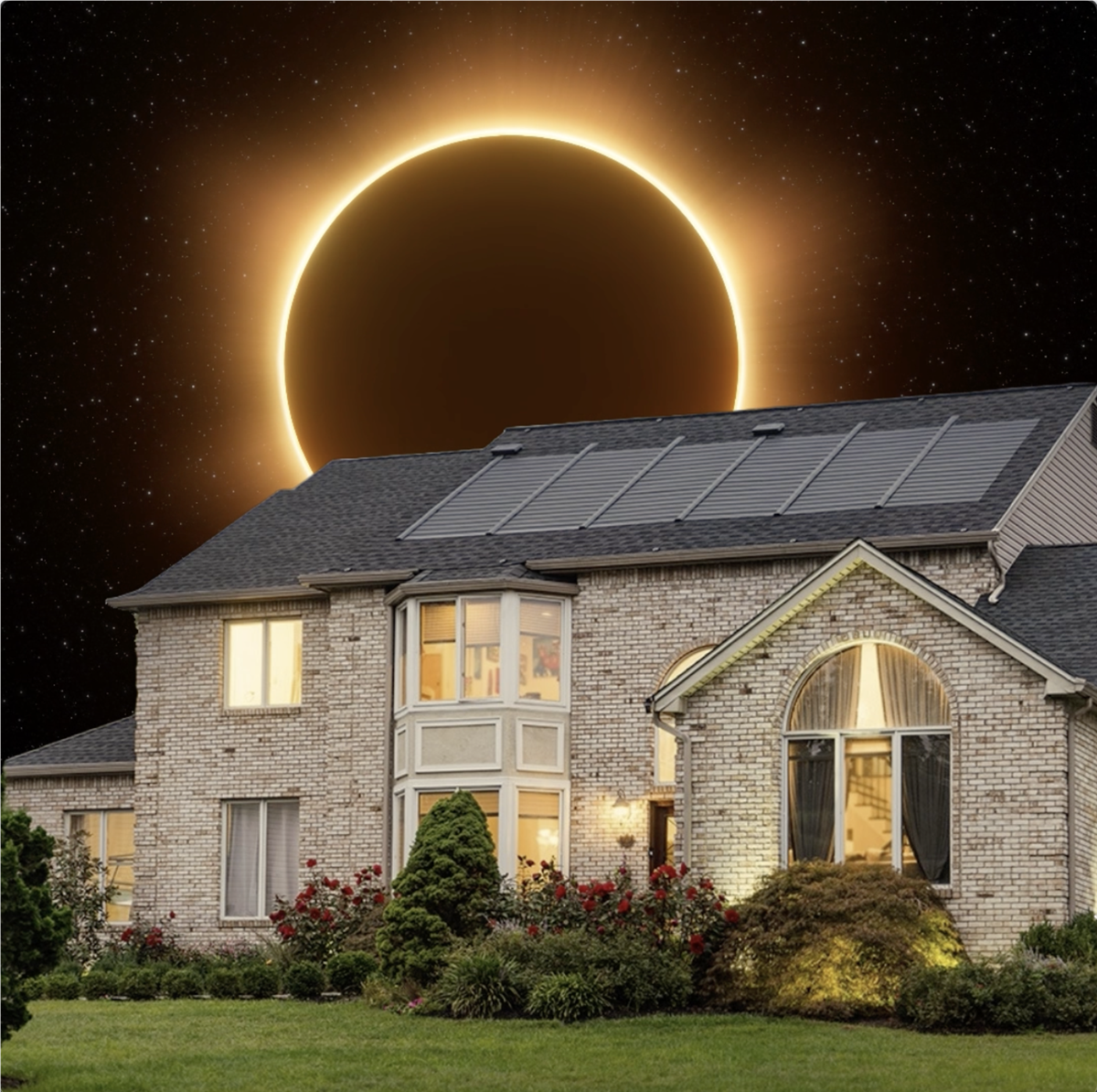
Comments